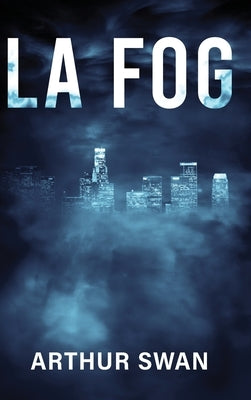Jack (Not Jackie)
$17.99
Marsupial Tracks
$17.95
What Now
$29.95
Fire Faith Freedom
$12.95
The Dead and the Desperate
$20.00
A Lady's Escape
$15.95
Penelope Can Fly!
$15.99
Magical Nature Friends
$24.99
The Flower Who Dreamed
$8.99
La Fog
$56.00
Romeo's Justice
$15.99
The Sharp Edge of Fate
$19.99
Tomorrow Game
$15.95
Doodle Finds His Family
$19.99
Odd Mr. Neighbor
$16.95
Awful Animal Phobias
$29.95
Healthy Body
$29.95
Healthy Exercise
$29.95
A Cat Named Freddie
$9.95




















































